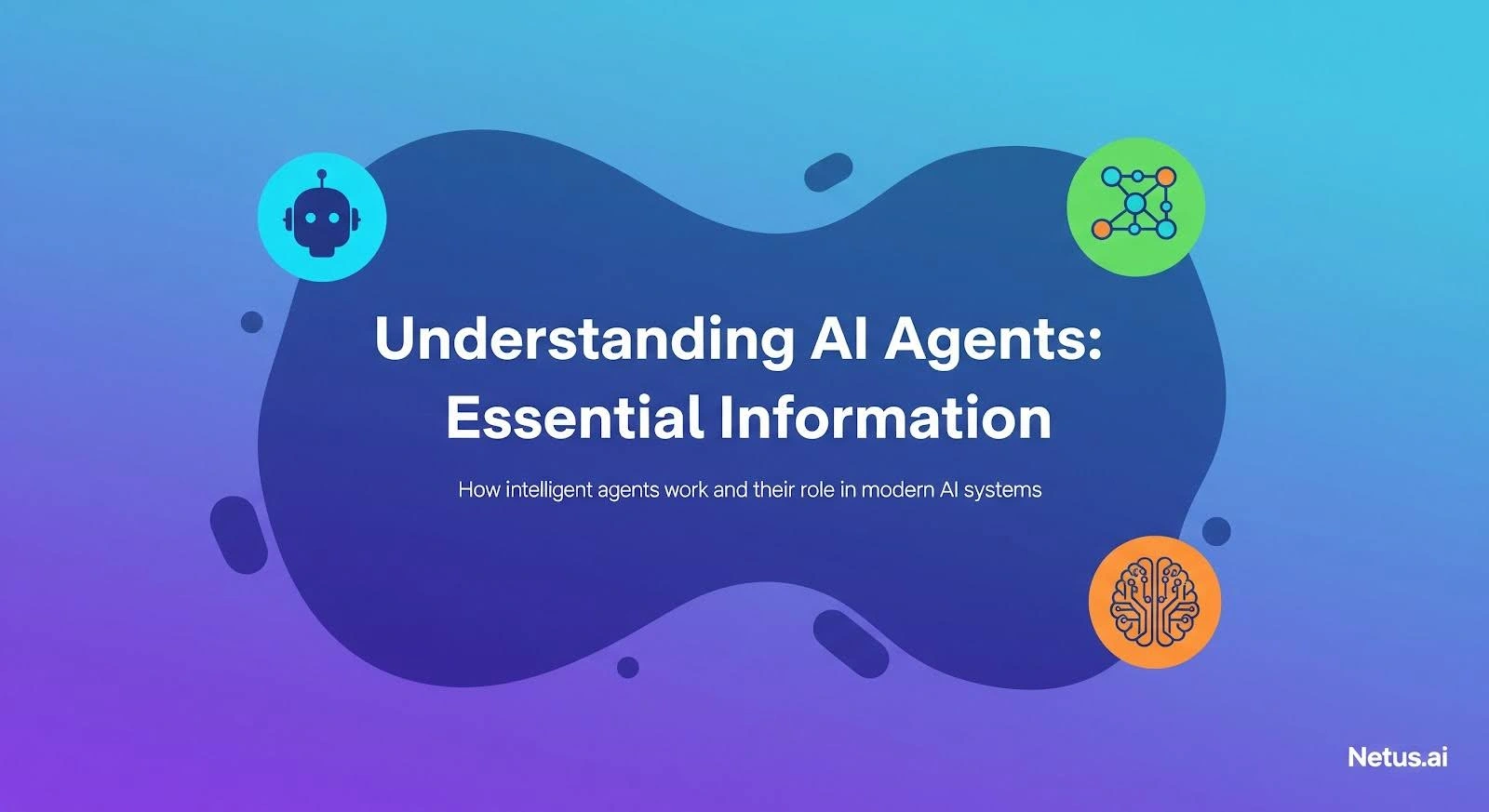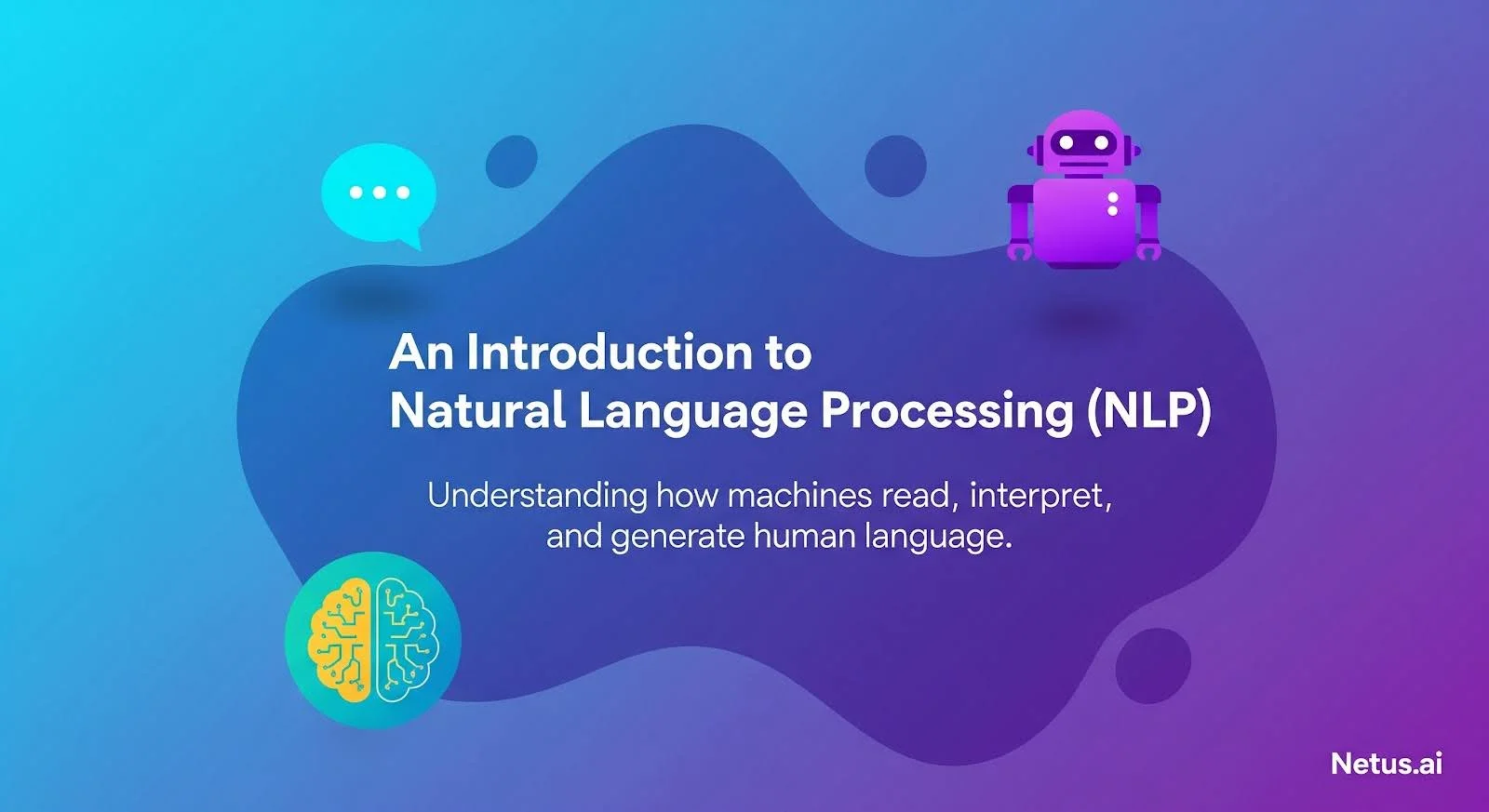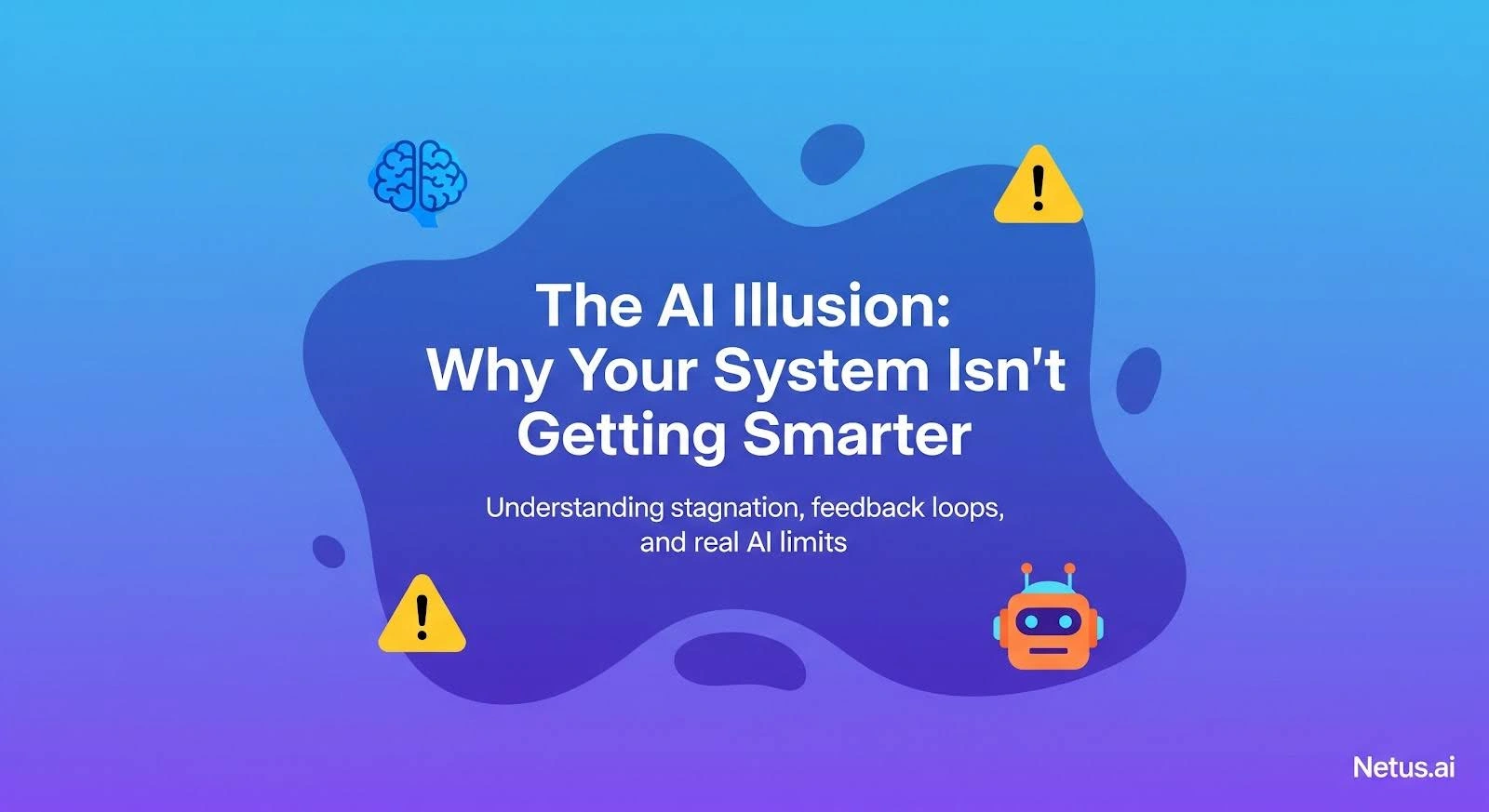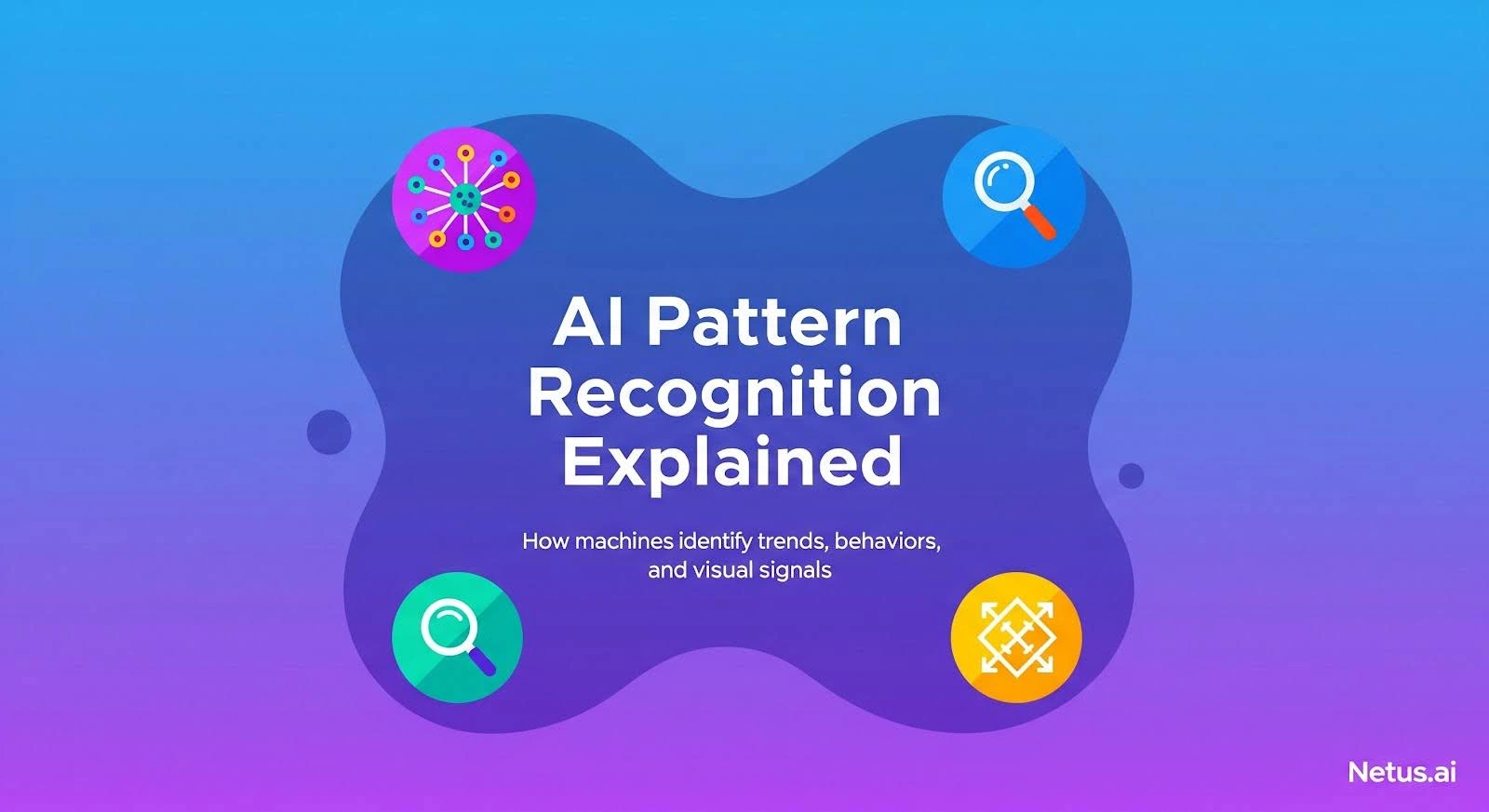With AI moving so fast, especially with this agent stuff, a lot of companies are starting to wonder how AI agents fit into the workplace.
So, the big question is: What even are AI agents? AI companies are really pushing how useful these agents are becoming in all sorts of fields. This document will explain AI agents, why they are popular and the associated concerns and challenges.
Key takeaways (TL;DR)
AI agents are quickly making their way into consumer hands, building on their growing success in various businesses.
A big step happened in early 2025 when OpenAI dropped a research preview of Operator, their Computer Using AI (CUA) agent. While initial setup costs for AI agents are significant, they ultimately drive substantial returns through cost reduction and profit growth.
However, the rise of AI agents necessitates attention to critical concerns such as security, bias and employment impact.
AI agents: An introduction
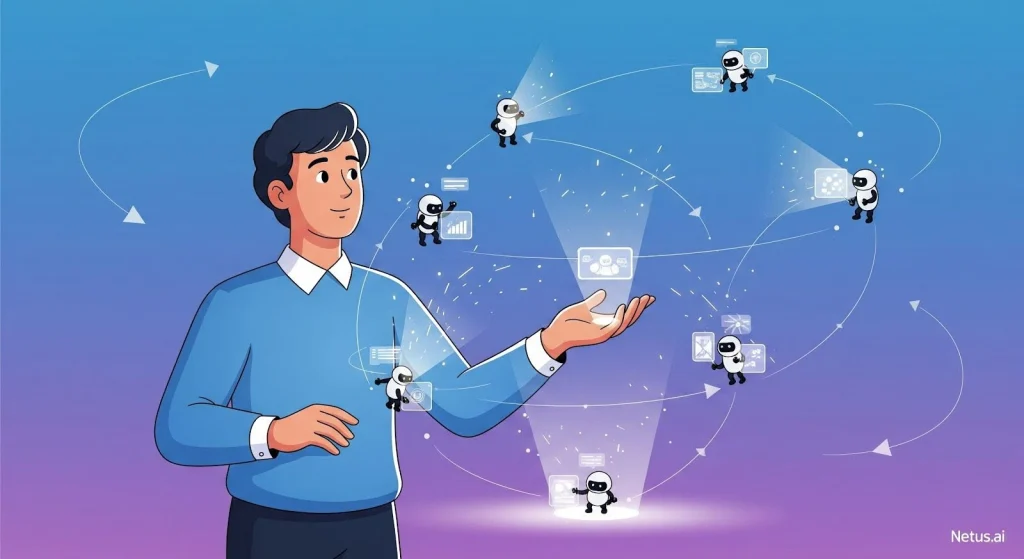
An AI agent is AI software designed to perform tasks for users.
Conceptually, it shares similarities with the widely recognized large language models (LLMs), though key distinctions exist.
According to Forbes, an AI agent differs from an LLM such as ChatGPT. ChatGPT requires human input; an AI agent operates autonomously.
AI agents are set apart by their capacity to reason and learn, as Microsoft has pointed out. These capabilities typically allow AI agents to independently execute complex workflows.
Microsoft’s guide further indicates that AI agents generally possess the following capabilities:
- Task and action planning: LLM integrations enable the planning of a sequence of actions.
- Tool utilization: Agents can use tools such as code or search to complete tasks.
- Information processing: AI agents can process environmental data, such as visual or audio inputs, depending on their design.
- Robust memory: Leverages historical interactions, including tool usage, to guide future actions.
IBM highlights AI agents as a favored solution for tasks like virtual assistance and customer service.
The rising popularity of AI agents
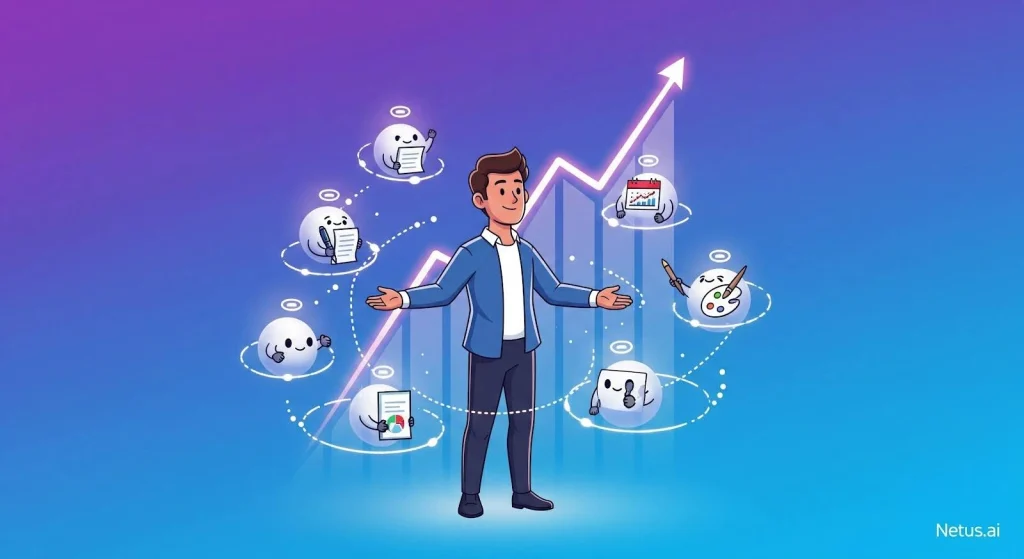
AI agents are very appealing because they can save money.
They automate routine work, speed up operations and cut down costs, which can increase profits for businesses. However, as noted by Forbes, the first time a business implements AI agents can require a large investment.
Their potential in customer service makes them an appealing option for supporting human teams. Businesses could improve user experience and offer a more consistent and personal service with an automated assistant.
Consider an e-commerce website, for instance. AI agents offer instant customer support, eliminating 24-48 hour waits and streamlining the experience.
A human customer service representative could then provide additional support, clarifying any remaining questions.
Concerns and limitations of AI agents
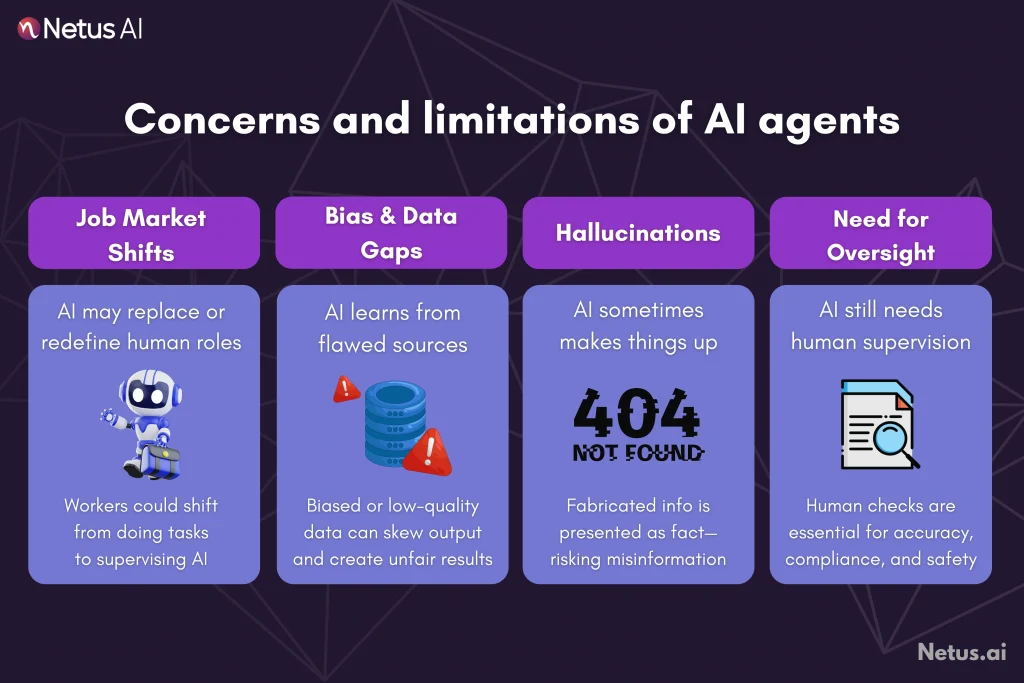
Be aware of the limitations and concerns of AI agents. A main worry is how AI agents might affect jobs and workers.
AI agents will influence the job market. In the e-commerce scenario, the implementation of AI agents for customer support could transform human roles. For instance, folks who used to handle email might now be supervising the AI’s customer chats, basically adding this new tech to their roles. The long-term effects of these rapidly advancing AI agents, though, are still a bit up in the air.
AI can sometimes be a bit skewed because of the data it learns from, which might lead to results that aren’t quite right or fair.
We need human eyes on things to keep them safe. This is because AI agents have their limits and we need to make sure their answers are still accurate and balanced.
This human check also helps with customer service by letting people double-check that the AI’s responses follow all the rules.
Also, AI can occasionally just make things up, it “hallucinates,” giving false info like it’s fact.
Basically, AI agents can get tripped up by wrong information, not having enough resources or running into privacy headaches. Strong data security is necessary when using them.
Final thoughts
AI agents are totally changing the game for how companies operate and how we use tech. They’re awesome for making things way more efficient, saving cash and boosting customer satisfaction. That said, we need to be smart about the risks before jumping in.
To really get the most out of AI agents responsibly, we have to deal with worries like people losing their jobs, potential bias and keeping data safe. This means having solid oversight and clear ethical guidelines. As AI keeps getting better, learning about and getting used to these smart systems is going to be super important for what’s next in jobs and technology.
FAQs
An AI agent is an autonomous, AI-powered software system that completes tasks without constant user input, unlike standard LLMs.
How are they different from LLMs like ChatGPT?
Unlike LLMs, which need input to function, AI agents operate independently. They can plan, learn and handle complex tasks solo.
Agents can plan tasks (often using an LLM), use tools (like code or search), process environmental data (visuals, sounds) and use memory to guide their actions.
What are AI agents often used for?
Basically, IBM says AI agents are super useful for stuff like being virtual assistants and handling customer service.
Why are businesses really getting into AI agents lately?
AI agents are a hit because they seriously help boost the bottom line. They take care of the routine work, speed things up and cut down on costs. It’s a win-win.
Do AI agents actually make customer service better?
Absolutely! AI agents give customers instant help, so no one has to wait around. This means a much smoother, more personalized experience, especially for those common questions folks have with online shopping.
What’s the big deal with AI agents?
People often wonder what the big deal is with AI agents. Folks tend to worry most about AI agents taking over jobs. They also fret about unfairness coming from the data these systems learn from. Security issues come up too. And there is concern over how AI handles personal information.
Is AI going to steal all our jobs?
AI will not steal all the jobs out there. Forbes believes AI agents will shake up the job market for sure. Some jobs might disappear. Others could improve with better productivity. New roles should appear in time.
So, how can companies handle the job worry with AI?
Companies can address job worries around AI in a few ways. Bringing in AI often means roles for people will change. Take customer service reps for instance. They might stop answering every email on their own. Instead they could oversee AI interactions. They would integrate the tech into daily tasks.
How can bias in AI agents be mitigated?
Bias in AI agents needs careful handling. Training data with bias leads to inaccurate or unfair results from AI. Human oversight plays a key part in getting truthful and equitable outcomes.
What role does human oversight play with AI agents?
Human oversight matters a lot with AI agents. It helps manage the limits of AI. This ensures accuracy in what AI does. It prevents bias from slipping in. Oversight verifies compliance with policies. It also fixes issues in customer experiences.
Can AI agents provide inaccurate information?
AI agents can provide inaccurate information at times. One downside is that they sometimes hallucinate. They present false info as if it were fact.
What are the limitations regarding data for AI agents?
AI agents face limits when it comes to data. Inaccuracies in data hold them back. There might not be enough training data. Privacy issues with data add more challenges.
What robust measures are needed when integrating AI agents?
Integrating AI agents calls for robust measures. Strong security steps protect data privacy. These are essential whenever AI agents come into play.
What is the overall outlook on AI agents for the future?
AI agents offer significant time and cost savings. However, their use requires careful consideration of potential problems and the establishment of strong ethical rules.

